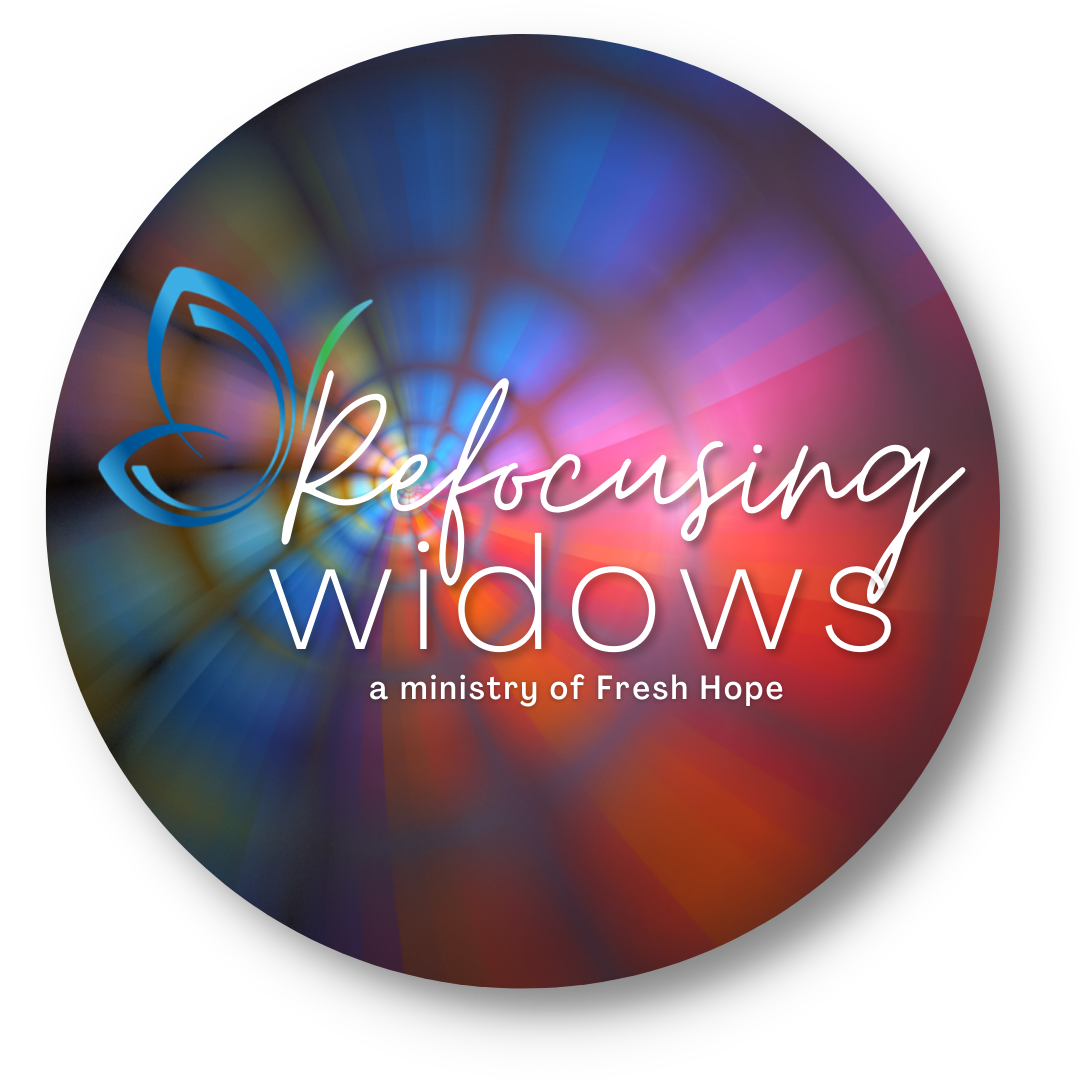
Lamenting or Ruminating?
In these blogs, we’ve done a lot of comparisons: fear vs. anxiety, solitude vs. isolation, loneliness vs. being alone. Sometimes the differences hinge entirely upon the perspective we choose to take. Will we walk in gratitude or bitterness, joy or sorrow, surviving or thriving? Today I want to take a closer look at the difference between lamenting and ruminating.
Our words are important to clear communication. In order to use them appropriately, we need to begin with definitions. We’ve talked about lamenting at other times, and we understand that to be a biblical way to express our pain or anger towards God appropriately. More than half of the Psalms are what we call Psalms of Lament. A lament is a passionate expression of grief or sorrow and is a very natural response to a deep loss.
Ruminating brings to mind an entirely different picture. While ruminating can mean to think deeply about something, more often what springs to mind is the term —chewing the cud”. Those of us who grew up in farm country will immediately remember that cows, sheep, goats, and giraffes all ruminate! Without going into gross details, let’s just say that these animals have multi-chambered stomachs and must rechew their food a couple of times in order to digest it! Ugh! How did God come up with that one?! In its simplest form, ruminating means to chew on something over and over.
Lamenting is a pathway given to us by God to express our grief, pain, or anger and work our way through it to a better place spiritually and emotionally. Early in our Refocusing Widows groups we cover creating a lament in great detail with all of its seven steps. Lamenting is a healthy process that helps us to move ahead through our season of grief.
Ruminating, however, is a road to nowhere. It typically is a symptom of being “stuck” in grief, unable to free ourselves from repeatedly going over the loss of our loved one. To ruminate is to think about something over and over and over, spinning our intellectual wheels, rethinking and reliving the loss of our spouse. The problem is that this kind of thinking can become obsessive and emotionally paralyzing. There seems to be something in our subconscious that keeps hoping if we think it through one more time,we will be able to come up with a different ending.
At some point we need to come to grips with the fact that our spouse is gone, and nothing we could have done then, or nothing we can do now will change that. In Jeremiah 29:11, the scripture says, “I know the plans I have for you, says the LORD. Plans for good and not for evil; plans to give you a future and a hope.” In John 10:10 Jesus says, “I came that they might have life, and life more abundantly.”
God’s heart is for us to thrive in this present season. He was not surprised when we became widows. No, to the contrary, He knew from the beginning that we would face this season. He has been at work preparing and equipping us to thrive and to walk in joy again, in spite of our tragic losses.
One of the biggest challenges we may face is taking hold of our thoughts! That widow fog creeps in; the grief exhaustion takes over; the sleep loss takes its toll. When those thoughts come persistently, taking control of our emotions and our ability to function normally, we will only find freedom in turning to the Father who loves us and strengthens us in the midst of every difficult challenge.
Be encouraged today that you are not a ruminant by nature, and your thoughts can be captured and brought into alignment with the Truth of what God says about your life!
Your thoughts and comments are always welcomed here, or you can email me at sheryl@freshhope.us

